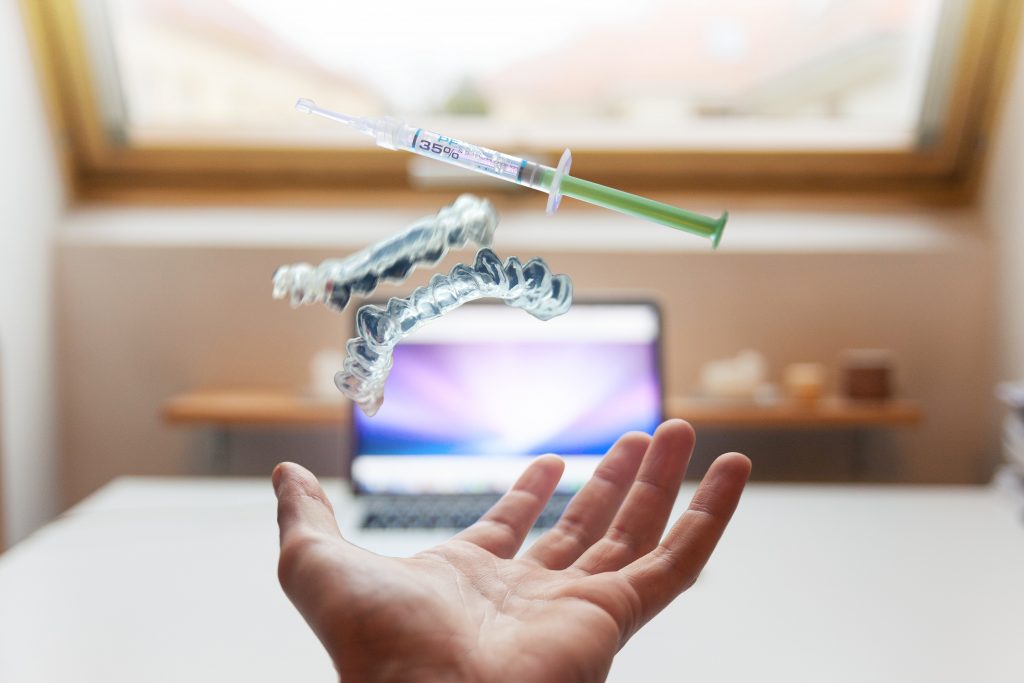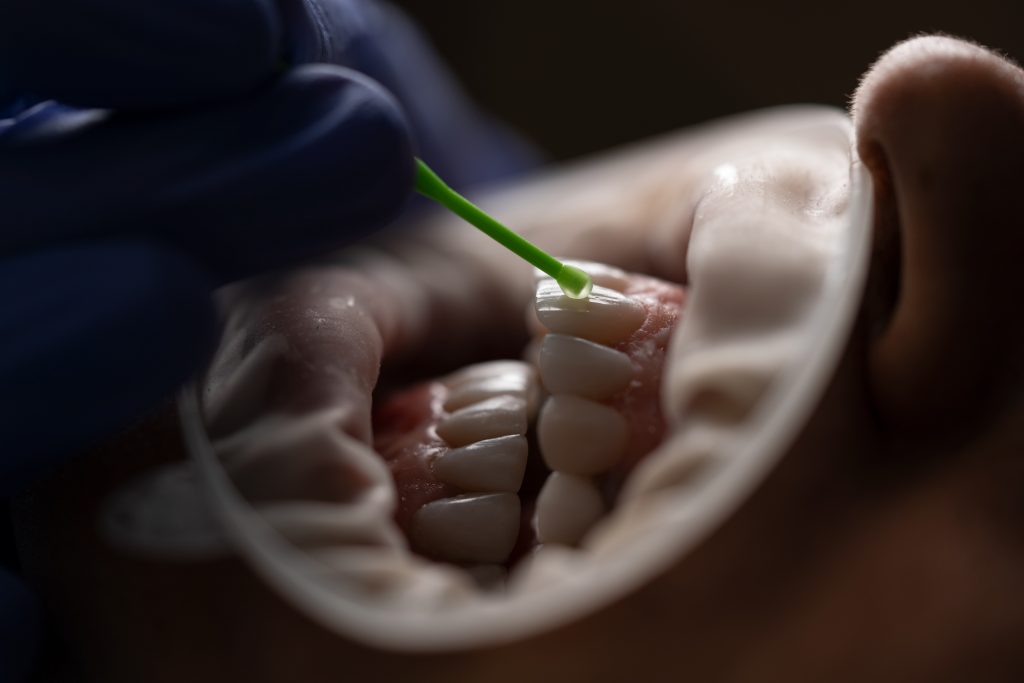
Choosing between Invisalign and traditional braces can be a complex decision. Both have their advantages and disadvantages, and the right choice will depend on various factors, including the severity of your case, your lifestyle preferences, and your age.
Invisalign aligners offer a near-invisible method for straightening teeth. They are removable, which means you can eat, drink, brush, and floss with ease. However, they require discipline to wear for the recommended 22 hours per day and might not be suitable for severe orthodontic issues.
On the other hand, traditional braces are fixed appliances that are incredibly effective for treating complex orthodontic problems. They provide consistent treatment progress and don’t rely on the patient for success. However, they come with dietary restrictions and can make cleaning teeth more challenging.
Choosing between Invisalign and traditional braces is a personal decision that should be made with the guidance of a dental professional. Remember, orthodontic treatment is not just about improving the appearance of your teeth; it’s about enhancing your overall oral health and quality of life.
Ready to take the first step towards a healthier, straighter smile? Contact us today to schedule a consultation. We’ll discuss your options and work together to determine the best orthodontic solution for you!

